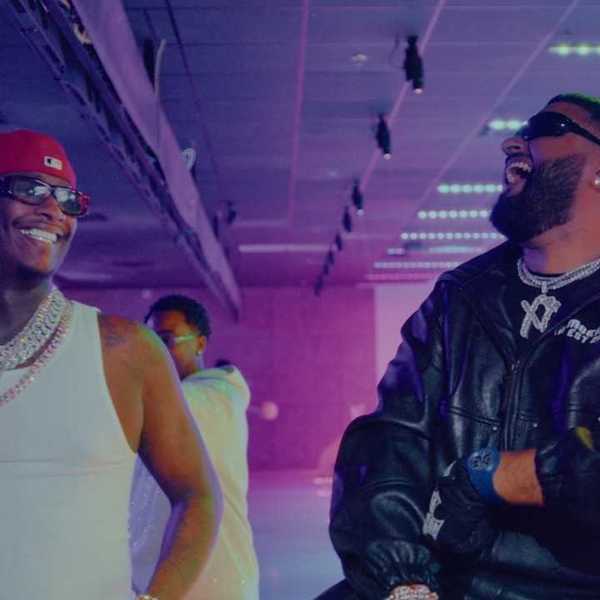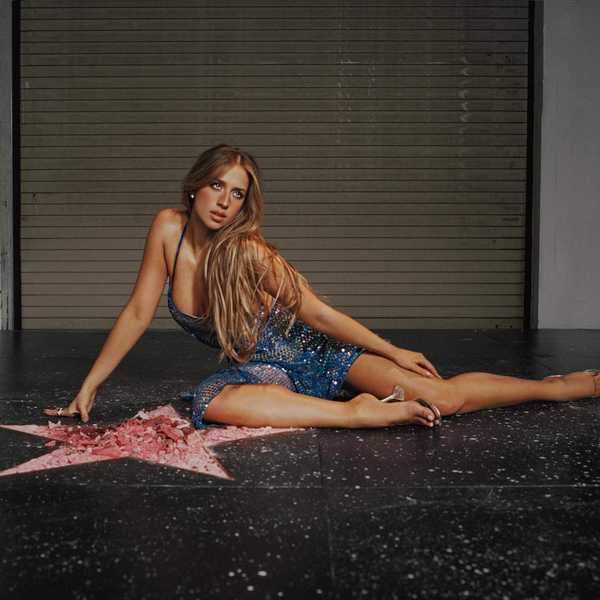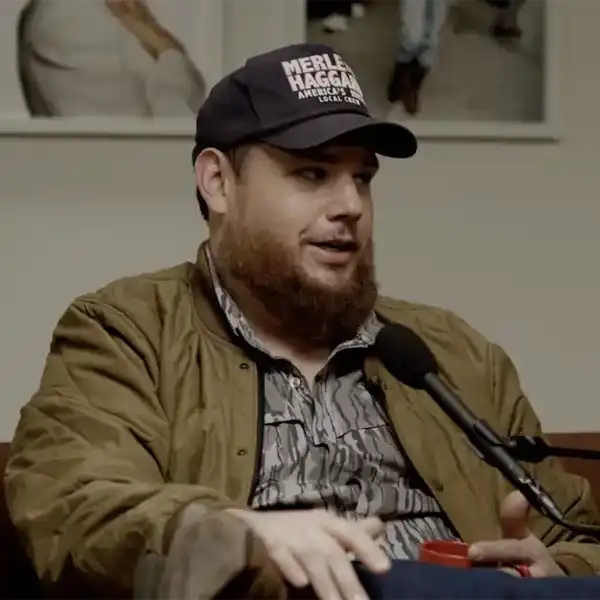
By David Farrell
Indifference or stupidity? Canadian government opts out of corporate ad ban on Facebook
Friends of Canadian Broadcasting is going after Ottawa for “continuing to support Facebook with our tax dollars”. According to advocacy group data, more than 900 leading companies including Coca-Cola, Ford, Pfizer and Disney Plus joined the boycott against Facebook by cancelling their ads to protest the company's use of hate and disinformation for profit. “Here in Canada, all five of our major banks have done the same,” Friends said in a statement earlier this week. Continuing: “The Canadian government is still deafeningly silent on this issue (and the) last time we checked, Ottawa is still running ads on Facebook. Public money should not be used to support a company whose business model relies on sowing discontent and division.
Senate: Federal pandemic response needs improvement
The federal government should strengthen pandemic-related support programs for Canadians and return the power to approve spending to Parliament, the Senate Committee on National Finance said in an interim report released July 14.
The Canada Emergency Wage Subsidy, for instance, pays out 75% of employee wages to businesses that have suffered a 30% drop in gross revenue, but some witnesses said this threshold is set too high and fewer than expected businesses have made use of the program. A scalable threshold would help more businesses receive the support they need to survive, the committee said.
The committee also recommends a return to traditional parliamentary procedures around federal spending, since Parliament has a fundamental role in approving and reviewing government spending.
The committee will continue its study in the fall with a focus on Canada’s economic recovery. – Report available here
Sold, but not to the highest bidder: Torstar shareholders back NordStar bid
Torstar Corp. shareholders Tuesday voted in favour of a $60-million bid by NordStar Capital LP to acquire the company, paving the way for one of Canada’s largest newspaper groups to be taken private after being owned by five founding families for more than 60 years.
The acquisition by NordStar, a company founded by tech entrepreneur Jordan Bitove and former Fairfax Financial Holdings Ltd. executive Paul Rivett, concludes a weeks-long saga involving a rival bid that had come in for the media giant, one as late as Monday night. – Vanmala Subramaniam, Financial Post
Q magazine folds after 34 years
No surprise here, but the oversized gloss, four colour editions have provided a deep history of pop music over the decades and supported a shutter-stop of photographers, and a quill of writers who were able to practice long-form journalism. The publication’s beginnings take us back to an era populated by newsstands and record shops that carried titles such as Creem, Crawdaddy, NME, Gold Mine, Billboard and Q. It was in an era that took us outdoors to pick up the latest edition of the LA Times (that would be two days old), Variety and the oversized Sunday New York Times. Ben Beaumont-Thomas at The Guardian has the story.

















